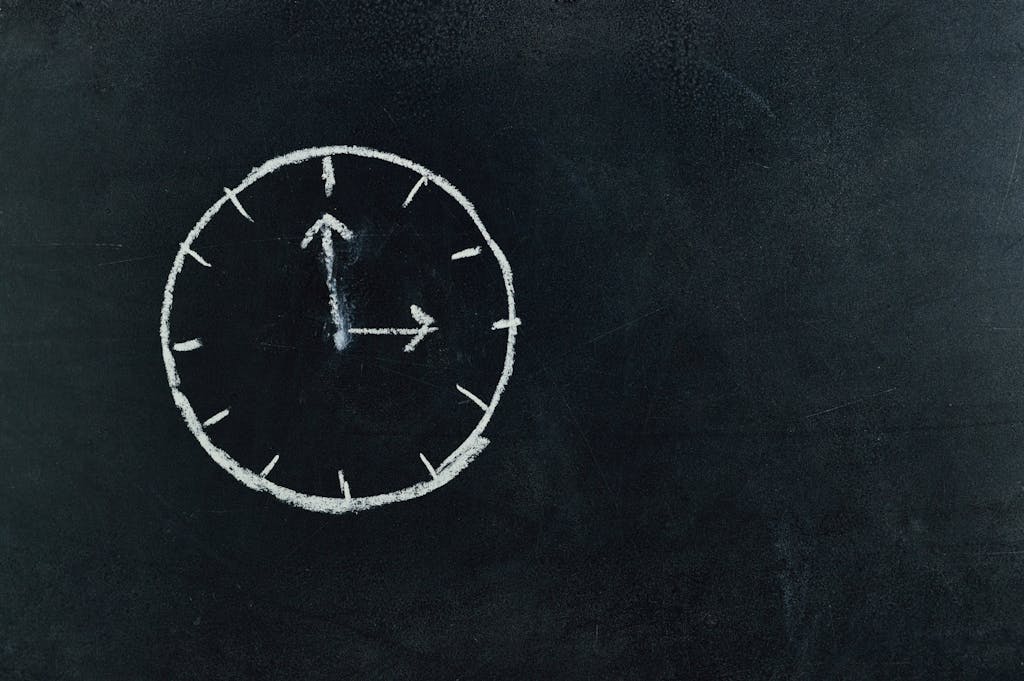Have you ever taken a late lunch, and after getting back to the office, you feel like your energy and focus levels have taken a hit? The so-called “afternoon slump” is why many of us like to schedule important tasks or meetings in the morning. But this phenomenon isn’t unique to adults, suggests a new study. Many students experience the same midday lull.
The study, authored by Megan Kuhfeld of the Northwest Evaluation Association (NWEA) and covered last month by Education Week (EdWeek), found that time of day had a measurable impact on the testing performance of evaluated students. In particular, students were more likely to guess at answers during afternoon testing than they were in the morning.
The study involved “more than a half million … computer-adaptive MAP Growth assessments” given to students in grades two through eight in reading and math. About two-thirds of tests were given in the morning, according to EdWeek.
Here are some of the notable takeaways it reported:
- On the math tests, students starting at 1 p.m. guessed at answers at nearly triple the rate of students whose tests started at 7 a.m.
- Similarly, students guessed more frequently on the 1 p.m. reading tests (15.5%) than on those given at 7 a.m. (8.5%).
- Students in the lowest-achievement group were the most common to become “disengaged” during testing. (According to the article, a student became disengaged when they had a significant drop in performance between the first and second half of their test, or if 10% or more of their questions were answered faster than what would be required to read and understand the prompt.)
- Younger students were less likely to become disengaged during testing than those in middle school, time of day notwithstanding.
- Overall student focus held slightly better across math tests than reading tests.
As EdWeek explains, it’s not yet clear whether time of day plays a bigger role than hours spent in school before testing, or vice versa. That’s a question Megan Kuhfeld says she will explore in later studies, which could provide even more valuable data for educators.

